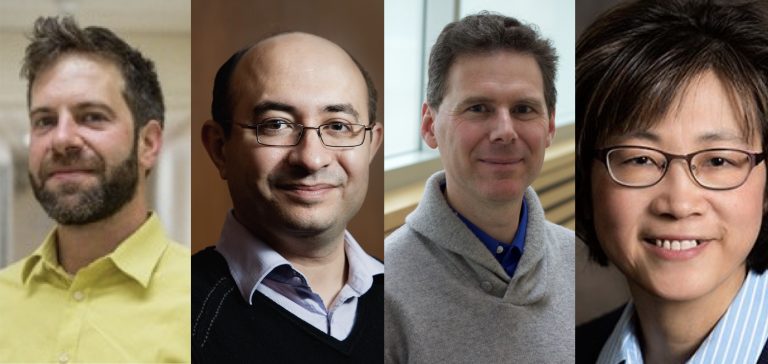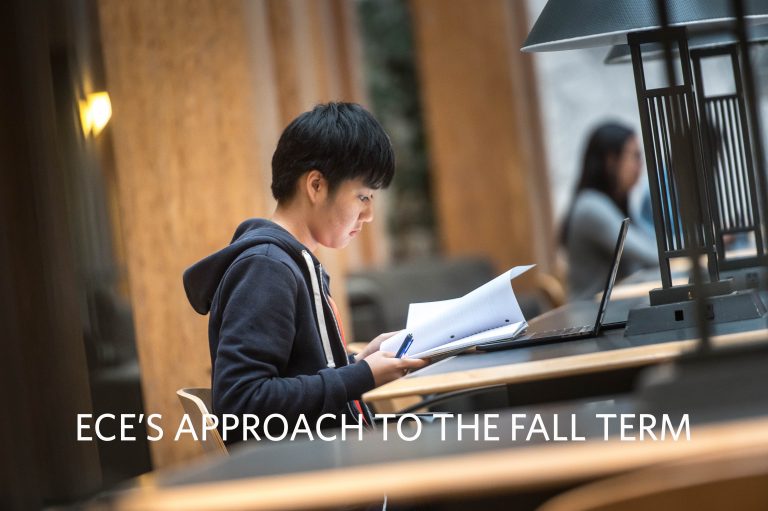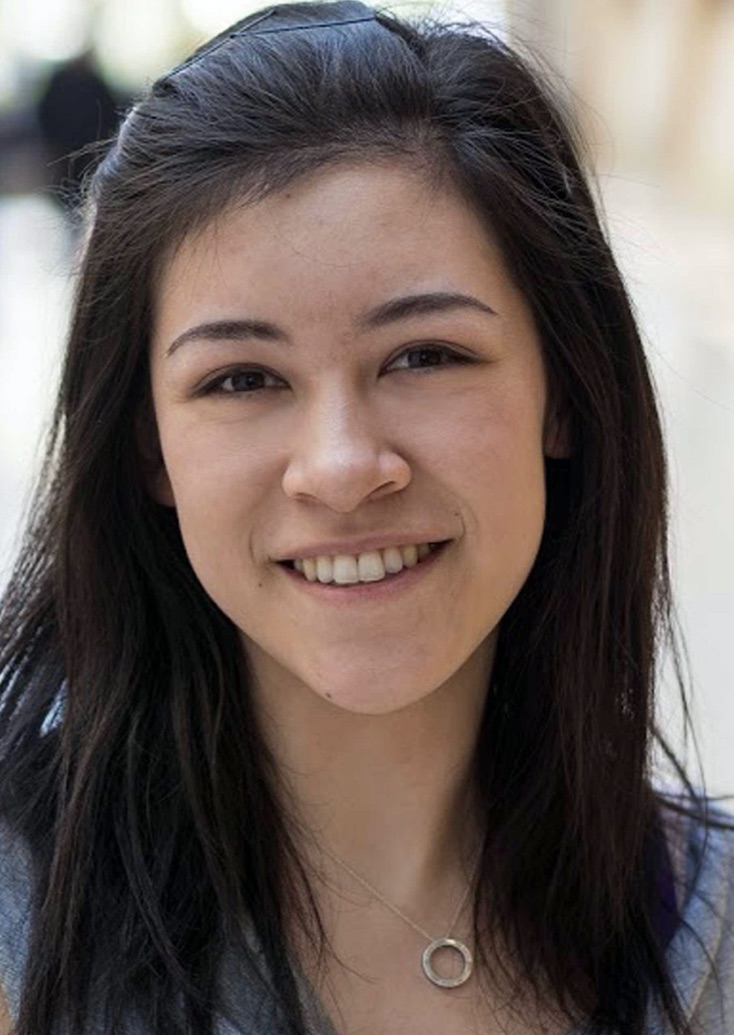Farah Deeba, a fourth-year PhD candidate currently researching innovative techniques for monitoring placenta health in mothers, is now the recipient of the prestigious Microsoft Research Dissertation Grant, worth up to $25,000.
Through her research, Farah is exploring better ways of tracking placenta health; in an interview with Microsoft, she said “th e placenta, despite being the single most important factor responsible for a healthy baby and a healthy mother, remains neglected in pregnancy monitoring.” Farah continued, “As a woman, I feel a special connection to my research topic. I believe my research will promise health and security to every pregnant woman during this precious but vulnerable stage of life.” Her passion and dedication are imbued throughout her work and have facilitated her deep interest in the topic.
The funding will assist her in extending her research to a ‘point-of-care’ application for pregnancy monitoring, which means the monitoring can be done wherever the patient is being treated, outside of a lab. Farah additionally plans to use the grant to support travel to conferences, and to purchase GPUs to speed up the data analysis.
The Microsoft Research Dissertation Grant, founded in 2017, provides select doctoral students throughout North America with a grant worth up to $25,000 to support the completion of their research. In just its four-year lifespan, the award has only grown more competitive; this year, only 10 students were selected out of a pool of 230 deserving applicants, for an acceptance rate of just 4%. This year’s recipients came from numerous different intuitions, all with highly respected technical programs, including the likes of Carnegie Mellon, Stanford, and of course, UBC. Farah was the sole recipient from a Canadian institution.
Not only are the recipients presented with invaluable funding to support both tuition costs and their research, but they are also invited to participated in a career development summit this coming fall. Though it’ll be virtual this time around, Farah and her fellow cohort will have the chance to mix and match with other Microsoft Research award recipients, research scientists, and make key connections before pursuing life after the completion of their doctoral degree.
At UBC, Farah works as a research assistant with Professor Robert Rohling in the Robotics and Control Laboratory, focusing on developing techniques for enhanced disease detection and tissue characterization using ultrasound. Prior to coming to UBC, she completed her M.Sc. in Electrical and Computer Engineering at the University of Saskatchewan. She is also no stranger to research; throughout her time as a graduate student, she has authored/co-authored 21 peer-reviewed journals and international conference papers.
Congratulations on your great achievement Farah!
You can learn more about Farah, her research, and the Microsoft Research Dissertation Grant.



